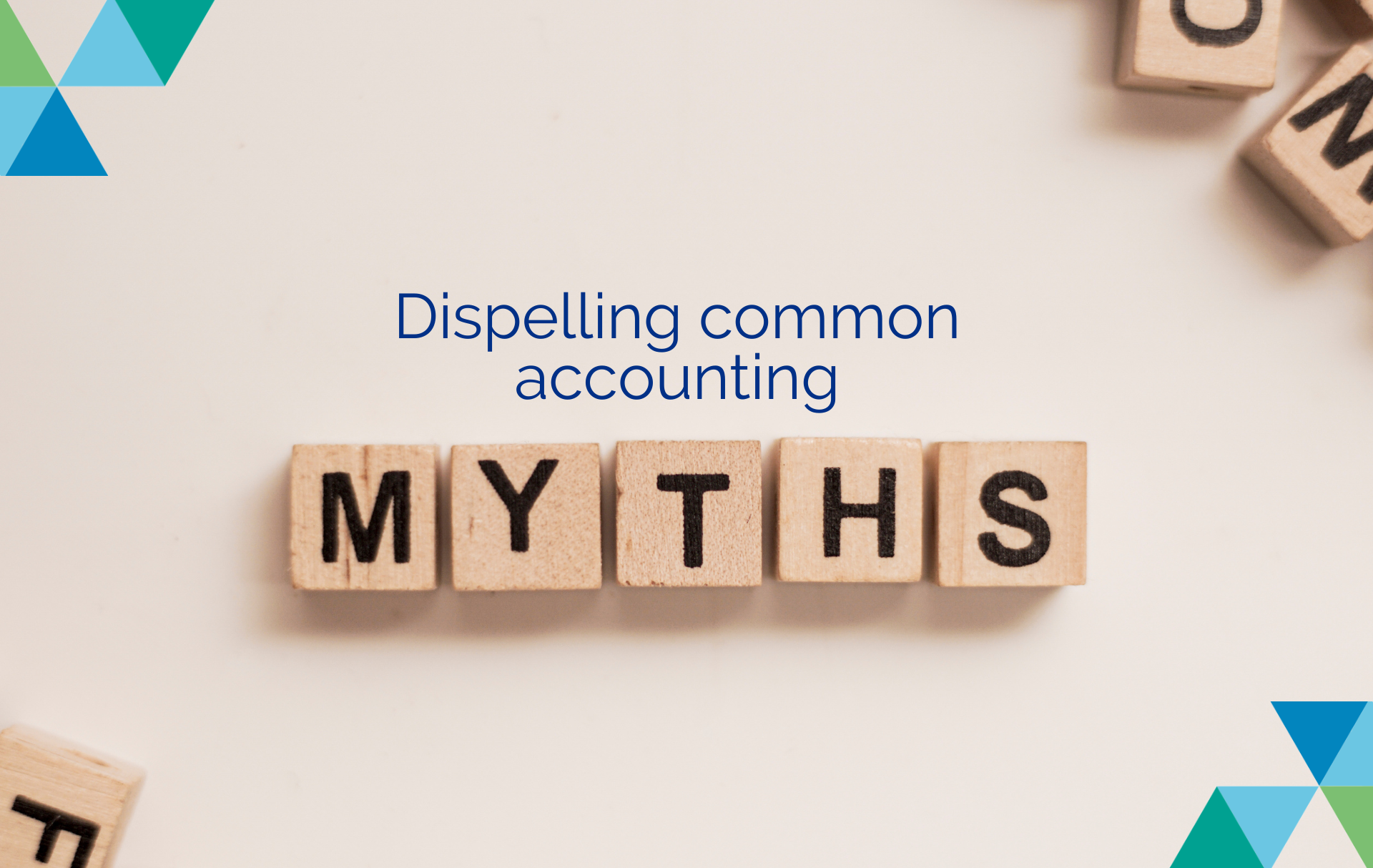How did the budget affect small business?

Good question. And the answer is not terribly much. However, we have summarized a few points below that small business owners should know about:
$20K immediate deduction extended for another year
So all businesses with an aggregated turnover of under $10million will get the $20k immediate deduction for assets purchased by business owners. #win
If you are planning for some purchases in the next two years – you should know that the immediate deductibility threshold will revert back to $1k from July 1 2018.
Contractors in the courier and cleaning industries face greater compliance
In an effort to win the war against the #blackeconomy, these organisations are now required to report payments they make to contractors to the ATO – including details such as ABN, name, address, gross amount paid, total GST included in gross amount.
This industry has been identified as a high risk industry and this call for increased transparency are hoped to improve fairness for businesses, level the playing field and strengthen the integrity of our tax system, resulting in a net gain to the budget of $632 million.
Small business CGT concessions tightened
Put simply, some small businesses are being creative with their access to concessions for assets which are unrelated to their small business.
As a result the small business CGT concessions will be tightened to ensure that the concessions can only be accessed in relation to assets used in a small business or ownership interests in a small business. #fairenough
Levy on businesses employing foreign workers on skilled visa
Businesses that employ foreign workers on certain skilled visas will pay a levy that will be channelled into the
Skilling Australians Fund
. The new levies replace and increase the existing training benchmark financial obligations, generating an estimated gain of $1.2 billion over 4 years.
For businesses with a turnover less than $10 million p.a.
Businesses with turnover of less than $10 million per year will make an upfront payment of $1,200 per visa per year for each employee on a Temporary Skill Shortage visa and make a one off payment of $3,000 for each employee being sponsored for a permanent Employer Nomination Scheme (subclass 186) visa or a permanent Regional Sponsored Migration Scheme (subclass 187) visa.
Who collects the GST on residential property & sub-divisions
Under new integrity measures, property developers will no longer manage the GST on sales of newly constructed residential properties or new subdivisions. Instead, the Government will require purchasers to remit the GST directly to the ATO as part of the settlement process.
It seems that some property developers are failing to remit the GST included in the property purchase price to the ATO despite having claimed GST credits on their construction costs.
The practical effect for developers is that they will not have the GST they would have collected to assist with cashflow between the period between settlement and when they would normally remit it to the ATO.
Indexation returned to Medical Benefits Scheme
Indexation will be reintroduced for elements of the Medicare Benefits Schedule:
-
bulk-billing incentives for General Practitioners will be indexed from 1 July 2017;
-
standard consultations by General Practitioners and specialist attendances will be indexed from 1 July 2018; and
-
specialist procedures and allied health services will be indexed from 1 July 2019.
In addition, from 1 July 2020, indexation will be introduced for certain diagnostic imaging items on the MBS, including for computed tomography scans, mammography, fluoroscopy and interventional radiology.
Large multinationals laws tightened further
The multinational anti-avoidance law will be enhanced so that it applies to:
-
corporate structures that involve the interposition of partnerships that have any foreign resident partners;
-
trusts that have any foreign resident trustees; and
-
foreign trusts that temporarily have their central management and control in Australia.
Removing double tax on Bitcoin
The GST treatment of digital currencies such as Bitcoin will be aligned to prevent consumers who use these currencies paying GST twice.
If you need any advice about around small business tax compliance please please give Anthony, Chris or Doug a call on 6566 2200.


Liability limited by a scheme approved under Professional Standards Legislation








